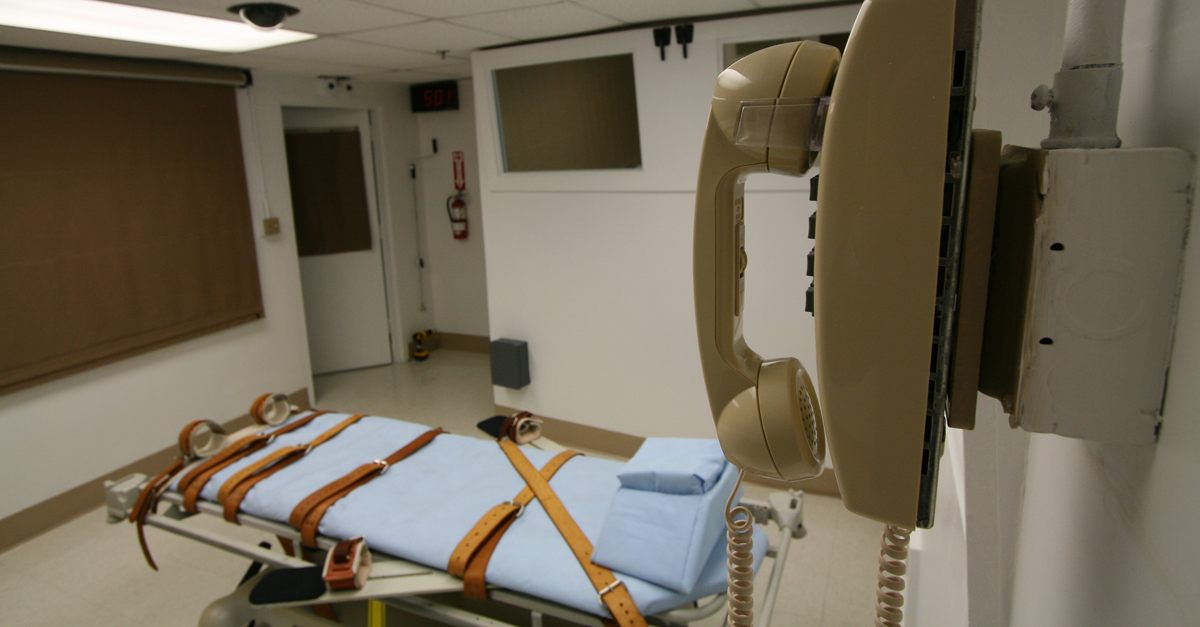Capital punishment and euthanasia

We all know perfectly well that in Spain, currently, there is no death penalty, also dominated in the Anglo-Saxon world “capital punishment” (capital punishment). What we do already have is the “revisable permanent prison”…
Article 15 of the Spanish Constitution of 1978 enshrines the “right to life…with the death penalty being abolished, except as may be provided by military criminal laws in times of war”.
But even such a constitutional exception for cases of war, endorsed by Organic Law 13/1985 of December 9, today it lacks legal validity since it was expressly suppressed by Organic Law 11/1995 of November 27, out of respect for international pacts and conventions, fully abolitionist, signed by Spain.
It is a different thing that we have recently included in our criminal legislation, under the lee of the absolute parliamentary majority that the Popular Party in government happily enjoyed, the called and very doctrinally discussed “revisable permanent prison”, modifying for the umpteenth time the text of the 1995 Penal Code, and determining its application to those crimes considered exceptionally serious for < a href="https://www.boe.es/diario_boe/txt.php?id=BOE-A-2015-3439" target="_blank" rel="noopener noreferrer">Organic Law 1/2015 of 30 March.
As the new substantive criminal law itself says in its Preamble, it is about the imposition of a prison sentence of duration indeterminate; hence, it is called “permanent prison”, although subject to a review regime after full compliance with a relevant part of the sentence, which ranges from 25 to 35 years in prison, in the judgment of the sentencing court.
That is, at least the person sentenced to “permanent prison” will effectively comply, in the best of cases, a minimum of 25 years in prison before he can have access to the prescribed regime of “review” of said sentence…
And now comes the core issue that is the object of these reflections: the minimum of 25 years in prison could well be for many convicts “a lifetime”; life that, on the other hand, was unjustly taken from another/s; but that, especially in those cases in which the review of his sentence was repeatedly denied because the appraisal court understood that the inmate did not meet the required conditions of reintegration, the himself, he could certainly think that this review of his prison situation would effectively be permanent, that is, sine die and that he would never be able to get out of prison … preferring, as things were, not to continue living in such conditions and to accept, absolutely voluntarily, a supposed right to die >, being able to allege, within the constitutional and legal prescriptions in force at that time and according to each specific case, thus avoiding a palpable situation of permanent indignity and physical and moral suffering, incompatible with a life minimally worthy…
This is obviously a highly controversial interpretation of articles 15, 17 and related articles of the Constitution and of the international Treaties and Conventions signed by Spain on human rights; but it is by no means completely new and even less unthinkable in view of the forthcoming existence of permanent prison in conjunction with the law of the right to a death worthy…
In fact, and as background to the above, and in a country of our own cultural sphere, we have the case of the Belgian inmate, Van den Bleeken, 50 years old, who was convicted of various violations, including the murder of one of his victims, and who, despite being considered partially indictable due to suffering from a serious incurable psychiatric illness, was admitted to a common prison and not to a psychiatric center where he could have been properly treated
Van den Bleeken, after 20 years in prison and aware, given his declared social danger, that he would not have any reasonable chance of getting out, < strong>decided to voluntarily accept the then recently published Law on Euthanasia of May 28, 2002.
This Belgian Law, which has been the subject of successive broadening reforms, prescribes that one of its applications is, precisely, to suffer a serious unrecoverable medical illness in which physical or mental suffering be constant and unbearable, with no possibility of palliation.
This was precisely the argument used by Van den Bleeken and although it might now seem incredible to us! it was esteemed by the corresponding Belgian penitentiary and judicial authorities after the corresponding evaluations, expressly authorizing the application by the penitentiary doctors of the “voluntary death” of the inmate at the expense of the State… when, in In this case, there was not even a sentence to “life imprisonment”…
Obviously we are facing not only a clear precedent but also, in fact, there are already formalized other similar petitions pending resolution.
On the other hand, it is beyond any doubt that this is –as we recognized at the beginning– a highly complex and controversial issue, legally, morally and ethically strong>; but, on the other hand, there should also be no doubt that, in our own country, with the joint existence of the revisable permanent prison and the law of the right to a dignified death that has begun to be processed in Congress with the support of progressive political forces, in a short time we will have to resolve situations similar to the one raised in Belgium… let’s not even talk about the USA, where, to top it off, there is the death penalty…
Gustavo López-Muñoz y Larraz
Director of the Criminal Law Department JL Casajuana – Abogados
04/11/2017



















